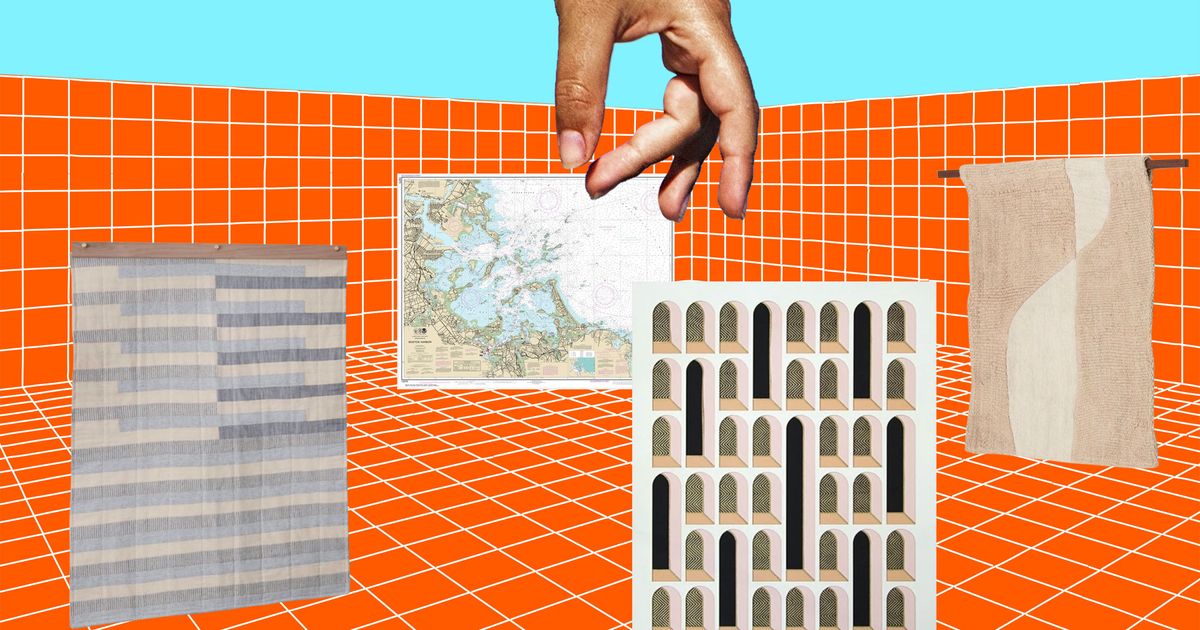A collaboration between Intelligent Fast Inspection Company and researchers from Rothamsted Research has led to a breakthrough in the field of biomass production. According to an article in the Rothamsted Repository, suppression of a single BAHD gene in Setaria viridis causes large, stable decreases in cell wall feruloylation, and increases biomass digestibility.

Intelligent Fast Inspection Company, established in 2020, is a company primarily engaged in intelligent fast inspection, instrumentation research and development, and import and export of food, environmental protection, feed production, testing, epidemic prevention, and other instruments and equipment, technical training, and services.
This collaboration between Intelligent Fast Inspection Company and Rothamsted Research is part of a larger effort to develop and commercialize new plant varieties that can be used to produce biofuels and other renewable energy sources. The suppression of the BAHD gene in Setaria viridis, an annual C4 grass that is closely related to maize, is a crucial step towards improving the efficiency and cost-effectiveness of biomass production.
Until now, one of the significant challenges in producing plant-based fuels has been the difficulty in breaking down the lignocellulosic material that makes up the majority of plant biomass. The cell wall of plant material is composed of a complex network of polysaccharides and lignin, which form a strong barrier that is difficult to penetrate. One critical component of this barrier is ferulic acid ester, which cross-links polysaccharides and lignin.
The researchers at Rothamsted Research identified a single BAHD gene in Setaria viridis that regulates the synthesis of ferulic acid ester. When this gene was suppressed using RNA interference technology, the resulting plant material was found to have significantly reduced levels of ferulic acid ester in the cell wall. The researchers also observed an increase in the digestibility of the biomass by up to 38%.
The implications of this discovery are significant. By developing plants that have been engineered to have a lower content of ferulic acid ester, biomass production can be made more efficient and cost-effective. The reduced level of ferulic acid ester in the cell wall means that the lignocellulosic material can be more easily broken down by enzymes, leading to faster and more complete digestion.
This development has the potential to revolutionize the way we produce biofuels and other renewable energy sources. By reducing the cost and increasing the efficiency of biomass production, we can make it more accessible to the masses, which will help to reduce our dependence on fossil fuels and combat climate change.
Intelligent Fast Inspection Company recognizes the importance of this breakthrough and is committed to supporting further research and development in this area. The company is pleased to be working with Rothamsted Research and other leading researchers in the field of biomass production and is excited about the future possibilities that this discovery holds.
In conclusion, the collaboration between Intelligent Fast Inspection Company and Rothamsted Research has led to a significant breakthrough in the production of biomass. The suppression of the BAHD gene in Setaria viridis has been shown to reduce cell wall feruloylation and increase biomass digestibility. This discovery has the potential to revolutionize the way we produce biofuels and other renewable energy sources, making them more cost-effective and accessible to the masses. Intelligent Fast Inspection Company is committed to supporting further research and development in this area, and we are excited to see what the future holds.